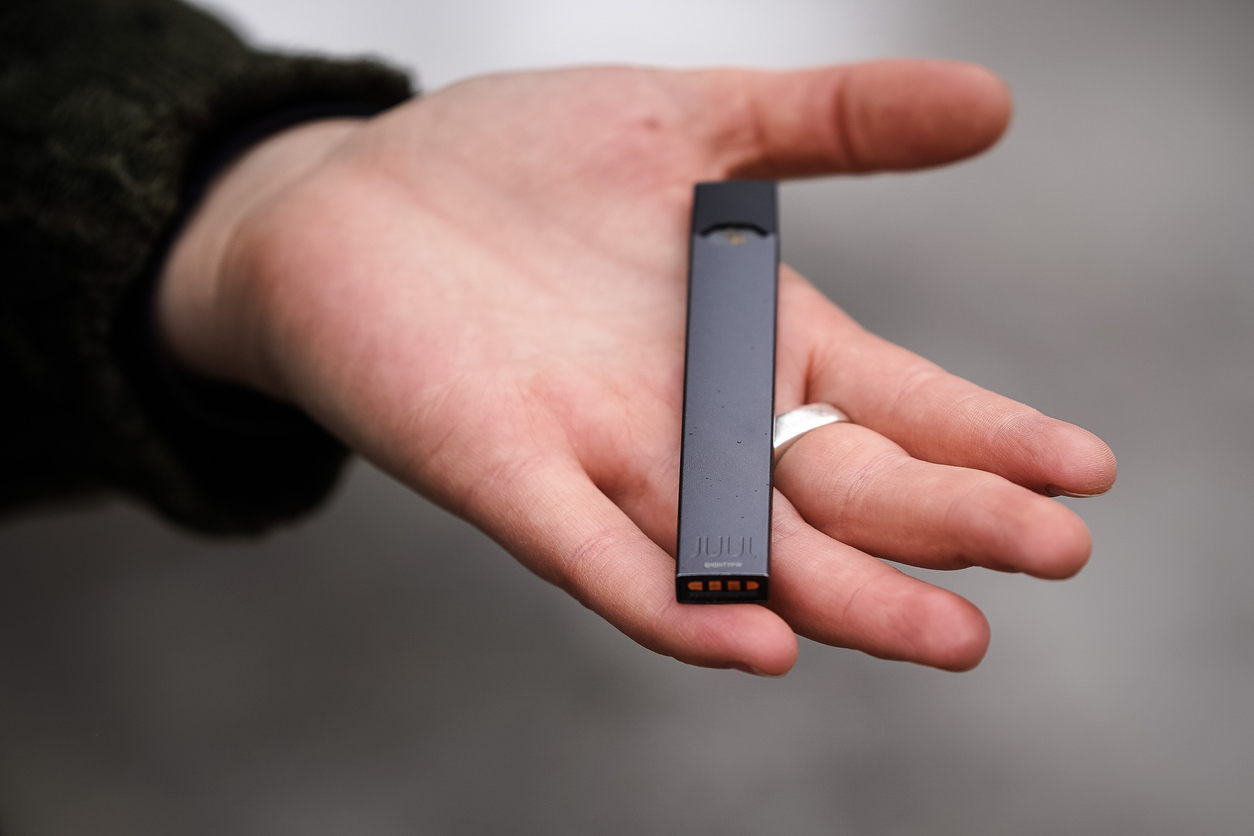E-Cigarette Maker Juul Labs to Pay $462 Million in Settlement Over Marketing to Minors

E-cigarette company Juul Labs has agreed to pay $462 million over the next eight years to settle claims made by six US states, including California and New York, along with the District of Columbia, that it marketed its addictive products to minors. The deal, which also included Colorado, Illinois, Massachusetts and New Mexico, means that Juul has now settled with 45 states for more than $1 billion, putting most of the long-running litigation over its business practices to rest. While the company did not admit to any wrongdoing, the various states had accused Juul of falsely marketing its e-cigarettes as less addictive than cigarettes and targeting minors with glamorous advertising campaigns.
New York Attorney General Letitia James said at a news conference that Juul’s lies had led to a nationwide public health crisis and put addictive products in the hands of minors who thought they were doing something harmless. “Today is another step forward in our fight to protect our kids from getting hooked on vaping and nicotine,” said California Attorney General Rob Bonta.
Juul said in a statement that use of its products by people under the age of 18 had fallen by 95% since the fall of 2019 when it changed its marketing practices as part of a “company-wide reset”. Although Juul continues to sell its e-cigarettes in tobacco and menthol flavours, with limited advertising, its market share has fallen from a once-commanding 75% in 2018 to less than 30%.
Juul still faces lawsuits or open investigations by Florida, Michigan, Maine, and Alaska, and is currently facing a lawsuit by Minnesota, where a trial is currently underway. The company has previously reached a $439 million settlement with 34 states and territories, as well as settlements with several individual states.
The head of the US Food and Drug Administration’s center for tobacco products said last year that adolescent e-cigarette use in the United States remained at “concerning levels” and posed a serious public health risk. The CDC has warned that most e-cigarettes contain nicotine, the addictive substance present in regular cigarettes, cigars, and other tobacco products. Nicotine in adolescence can harm the parts of the brain that control attention, learning, mood and impulse control, and using nicotine in adolescence may raise the risk for future addiction to other drugs.
